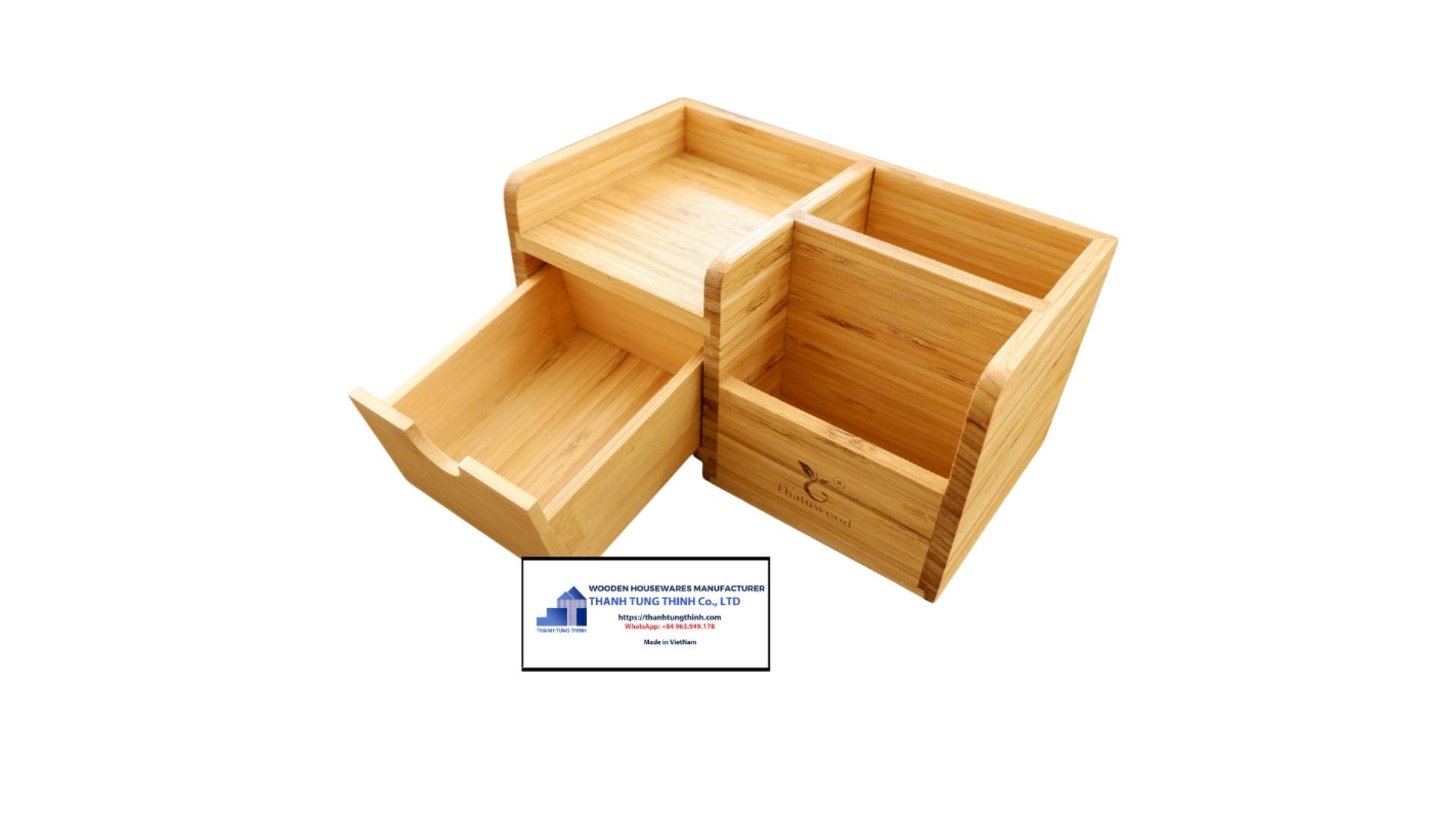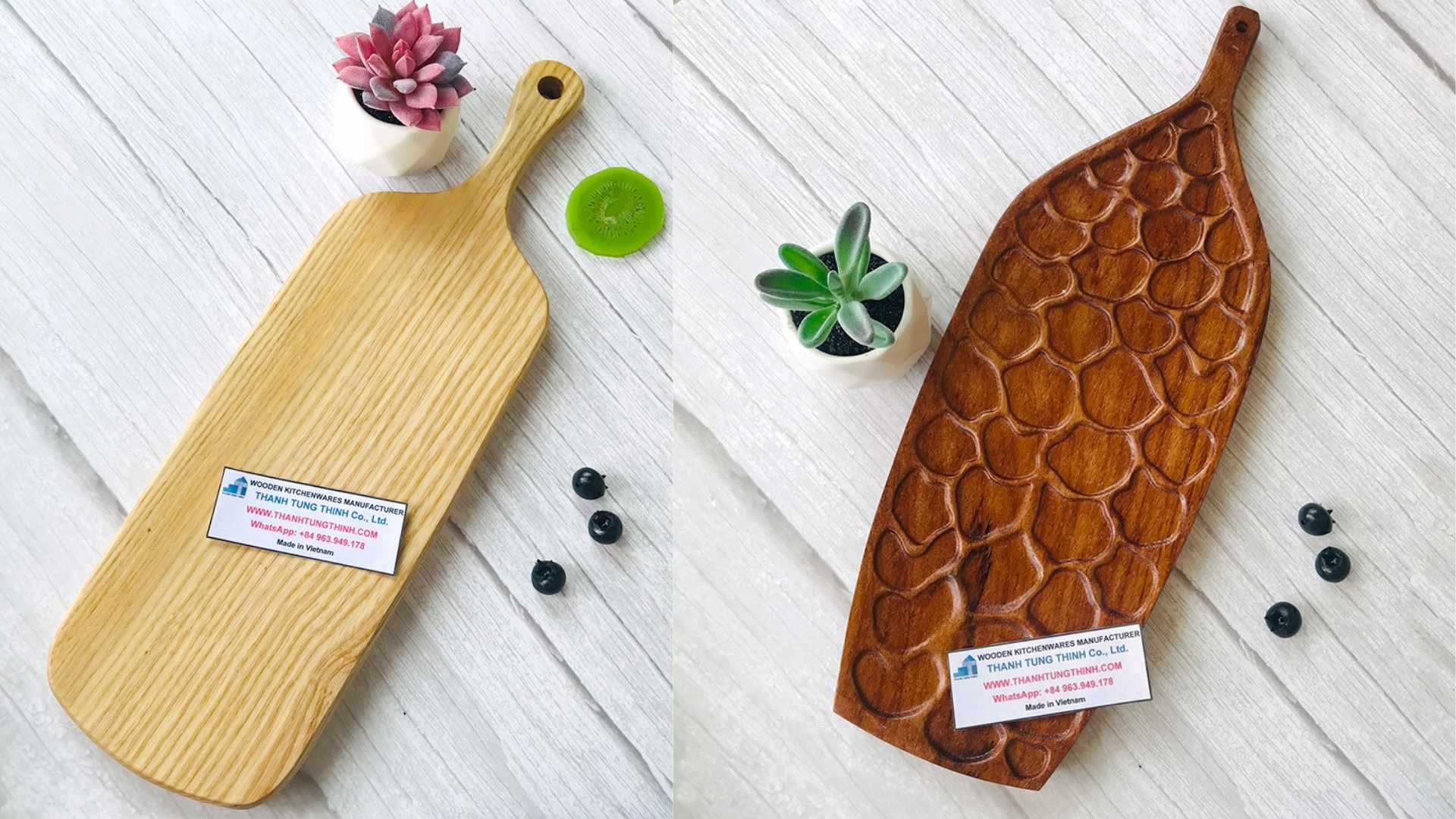The wooden manufacturer received good news when export orders increased again
The wooden manufacturer received good news when export orders increased again
Wooden houseware export orders are starting to return from the end of the second quarter of 2023, although they have not yet recovered strongly. Vietnam's main market is the US, which has begun to import a large number of wooden products. The Australian, Korean, and Indian markets are also growing steadily and have a need to import more wooden houseware products…
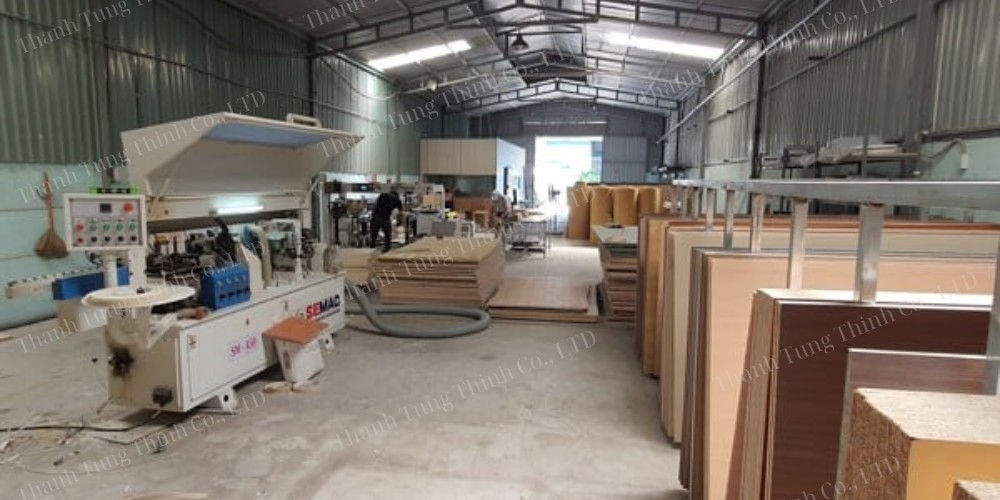
The situation develops strongly in late 2023 and early 2024
According to the Department of Forestry (Ministry of Agriculture and Rural Development), Vietnam's forest product export value in the first 6 months of 2023 is estimated to reach 6.42 billion USD, down nearly 29% compared to the same period in 2022. However , the wood industry is still optimistic that it can reach the export milestone of 14 billion USD by the end of the year when businesses begin to receive some new orders.
FACTORY FOR DEVELOPMENT IN THE NEXT 5 YEARS
The wood processing and houseware wooden manufacturer in the first months of 2023 received negative numbers. Although it was forecast from the end of 2022, the lack of orders caused factories to reduce capacity, reduce labor and even reduce production. Wave of land and factory returns...
Preliminary survey results with businesses conducted by the Ho Chi Minh City Handicraft and Wood Processing Association (HAWA) show that, in the first 6 months of 2023, orders at businesses in the industry decreased by an average of 30%. However, in July 2023, businesses in the industry began to receive orders again, serving the year-end wooden houseware shopping season of the world market.
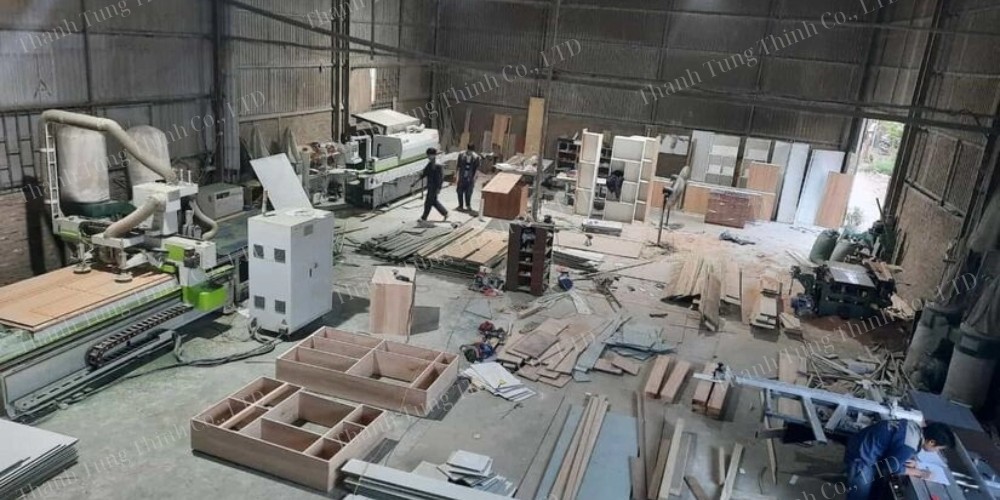
This is good news for Vietnam's wood industry, shared by Mr. Nguyen Quoc Khanh, Chairman of HAWA at the "Vietnam Wood and Wooden houseware Industry Forum", on the afternoon of July 28, 2023.
Thinking that the wood industry's current difficulty in reducing orders is only temporary, economist Pham Phu Ngoc Trai said that Vietnam's wooden houseware industry has enough room to develop in the next 5 to 10 years.
“Compared to the global average GDP growth rate of 3%, the compound growth rate of the world wooden houseware industry is 4.5%, and the average growth rate of Vietnam's wood processing industry is 15.4%/year. Five is a number that proves great position and potential," Mr. Trai said.
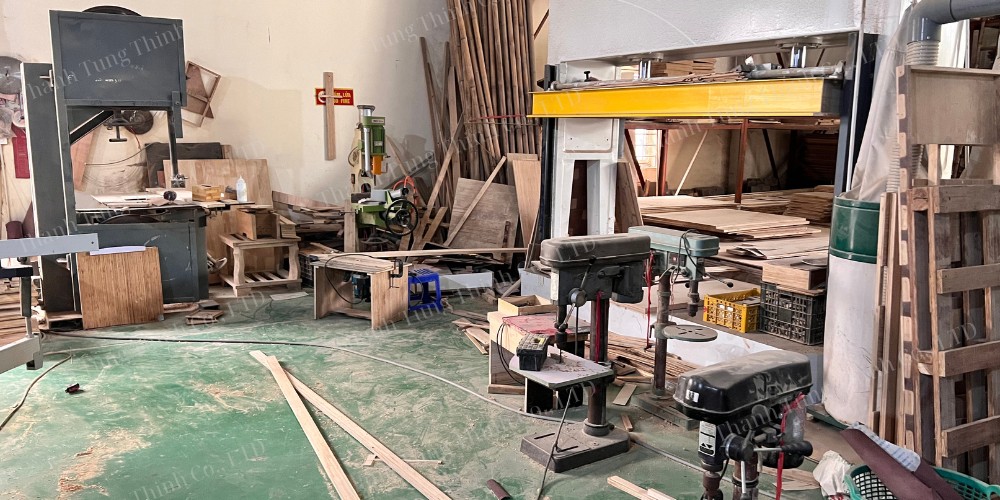
Ms. Tran Nhu Trang, representative of the SIPPO Vietnam program, shared specifically about the recovery situation of Vietnam's top 5 wood export markets such as the US, Europe, Japan and many other countries. The good news is that there are not only positive signals about output growth, but also many new trends and requirements from these markets.
Vietnam's wood export market is also facing the opportunity to supply products to some Middle Eastern countries. This is a signal that marks an important turning point for Vietnam's wooden houseware industry, creating an opportunity for this industry to complete its export target.
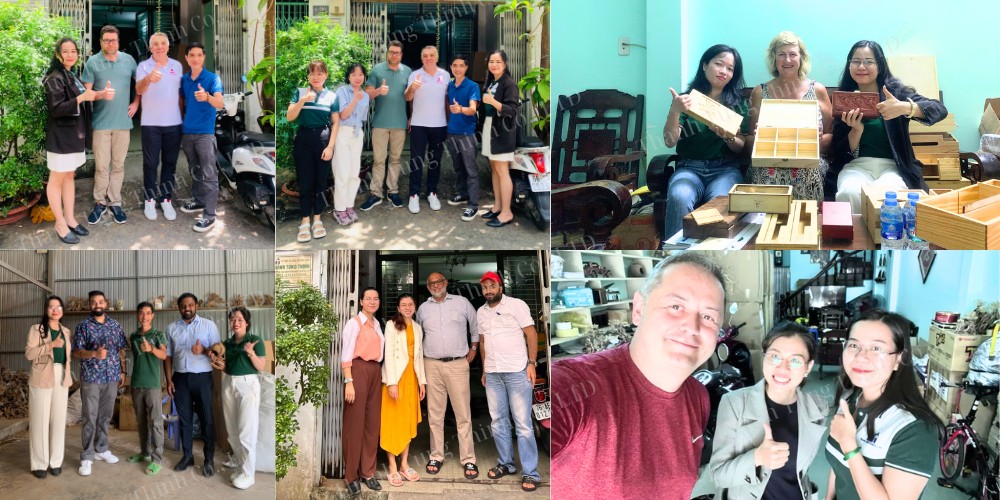
MEETS NEW STANDARDS
The recovery of the markets in Japan, Korea, India, Canada and many other countries, when consumers began to return to shopping stores after a long period of being affected by the pandemic. However, it is worth noting that these markets also place high demands on Netzero carbon reduction commitments. This requires Vietnam's wood industry to focus on using sustainable raw materials and production processes, helping to reduce carbon emissions into the environment.

The European market is also shaping the consumption trend of the wood wooden houseware industry, accounting for 2/3 of the market share of high-end products imported from Vietnam. This poses many requirements for sustainable consumption, requiring Vietnam's wood industry to improve and adapt to international standards on environment, society and corporate responsibility.
To conquer sustainability goals and meet increasingly strict requirements from the market, Vietnam's wood industry needs to determine a new strategy.
Firstly, it is necessary to improve the quality and added value of products to increase competitiveness and attract the attention of demanding markets.
Second, it is necessary to invest in research and development, offering products with creative and unique designs, adapting to the diverse aesthetic tastes of consumers.

Repositioning the development vision for Vietnam's wooden houseware industry in the new context, Ms. Pham Thi Ngoc Thuy, Director of Department IV, said that new market challenges related to the European Union's Wood Standards ( European Union Timber Regulation - EUTR) or Net Zero target will also help Vietnam's wood and forest products processing industry develop in a more positive direction. From there, creating conditions for the industry to reach further, attracting more investment capital from foreign investors.
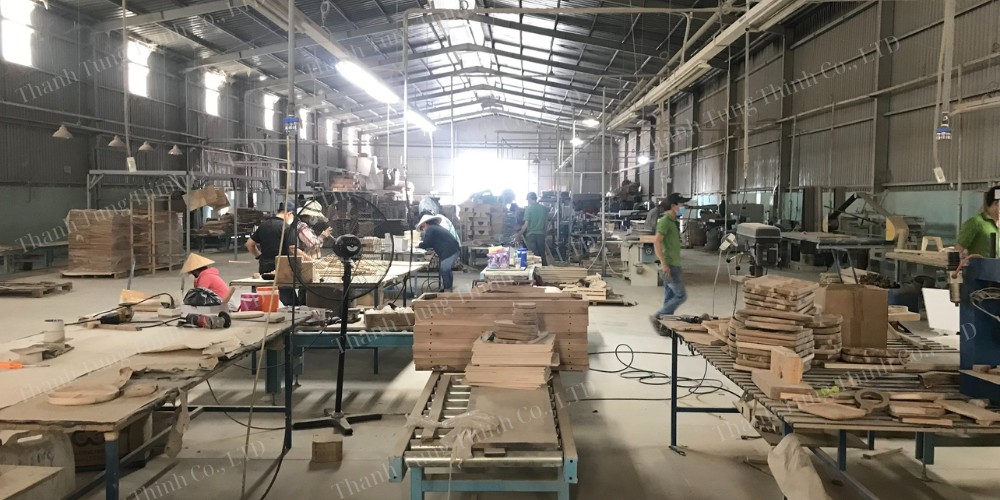
According to Mr. Nguyen Chanh Phuong, Secretary General of HAWA, regarding sustainable development, it is a challenge but also a new opportunity for businesses. Maybe by 2028, the wood industry will really face the problem of reducing emissions.
“Currently, we and the Ministry of Agriculture and Rural Development are communicating with businesses to take steps to prepare for emission reduction. The government is also developing policies. I think taking advantage of this opportunity is extremely important in building a sustainable wooden houseware industry," Mr. Phuong emphasized.

Promoting wooden houseware exports also requires close cooperation between businesses and authorities, ensuring compliance with each market's export regulations and standards. Improving quality management and operational capacity is also an important factor to maintain reputation and meet the high quality requirements of demanding markets.
It is necessary to promote marketing and promotion of the Vietnamese wooden houseware brand in the world. Using modern communication channels and digital technology will help reach a large number of potential customers and create a trustworthy, high-quality image for the Vietnamese wood industry.
In addition, creating trustworthy partnerships with international companies, distributors and agents will also help expand the market and access more orders.

In particular, it is necessary to increase exchanges and cooperation with businesses in the wood industry in countries with a large tradition of wood production and consumption, to learn and share experiences, and create favorable conditions for the expansion of wood. expand markets and enhance global competitiveness.



